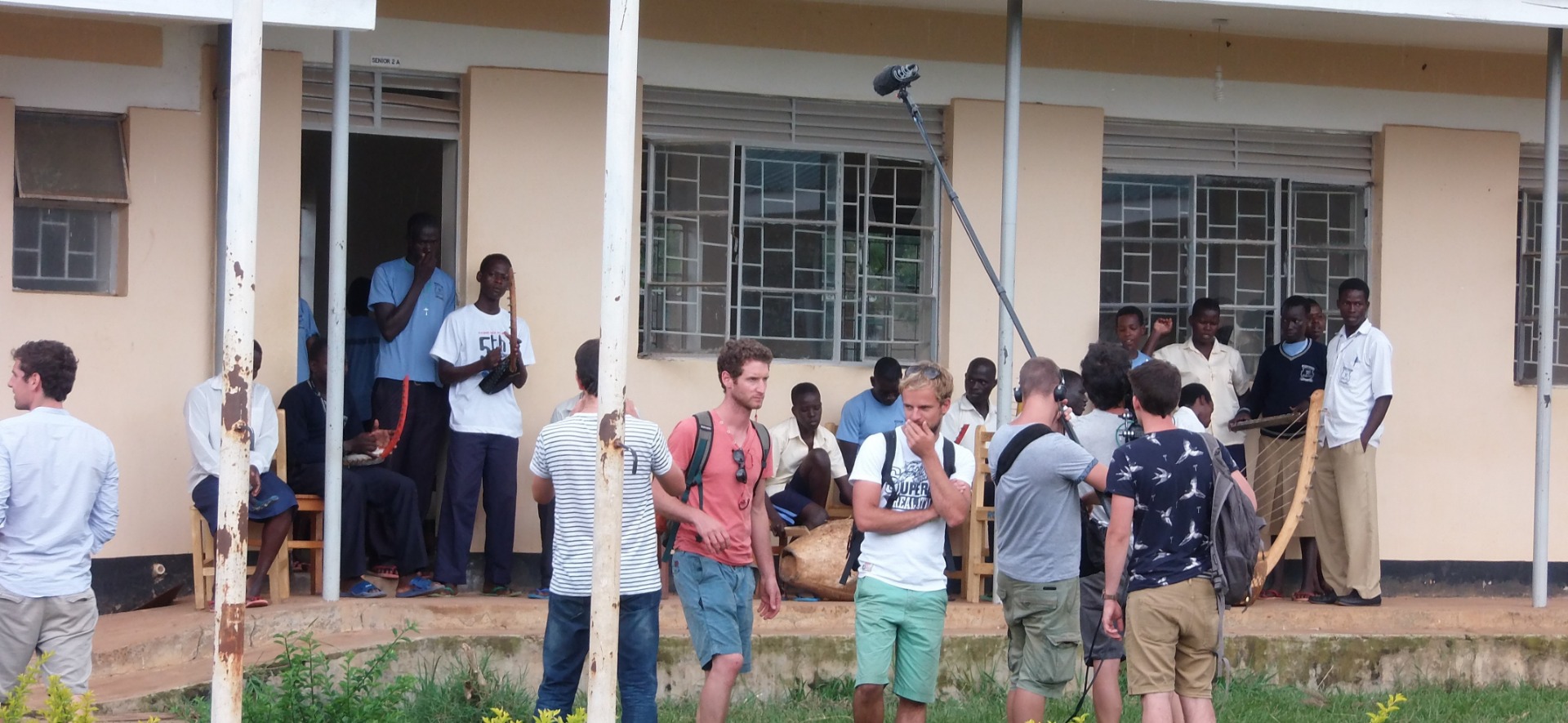[2020-08-17] MENTAL HEALTH NEEDS ASSESSMENT IN KITGUM AND PADER DISTRICTS, NORTHERN UGANDA
The main purpose of the assessment was to map out the current needs for mental health support and rehabilitation services within the districts of Kitgum and Pader, and was intended to achieve the following specific objectives; (1) assess the mental health needs of the population, get insights into attitudes and knowledge on mental health, for whom (target groups) and in what places (locations); (2) collect relevant data and information on the current mental health interventions and resources, and how they are responding to the needs of the population; and (3) develop specific and reasonable actionable recommendations for ways in which gaps and bottlenecks can be addressed regarding mental health support and rehabilitation.
The assessment adopted a descriptive and cross-sectional study design. The study used a total sample size of 436 respondents (222 women and 214 men). Specifically, 300 respondents participated in a survey, 120 respondents participated in FGDs and 16 respondents were key informants. The study adopted both probability and non-probability sampling approaches with simple random, purposive and convenience sampling techniques used to obtain at least an unbiased information. Collection of findings was made easy by the use of a semi-structured questionnaire, FGD and key informant interview tool. Triangulation (quantitative and qualitative) analysis methods was applied to obtain information that was rich to inform the study. Excel was used to provide a descriptive analysis of the findings.
Findings from the assessment showed that, on average, 90% of the respondents strongly recommended a need for MHPSS services in their communities, connecting the most common causes of mental health problems to substance and alcohol abuse (15.9%), the effect of the LRA insurgency (13.2%), witchcraft (6.7%) and contagious diseases such as HIV (6.0%). Trauma was mentioned as the most common mental health problem within communities at 54.6% (respectively 70.6% in Kitgum District and 38.6% in Pader District), followed by substance and alcohol abuse at 17.6% (respectively 6.6% in Kitgum District and 28.6% in Pader District), and depression at 15.0% (respectively 17.4% in Kitgum District and 12.6% in Pader District). The most highly expectant MHPSS interventions in the two districts, according to the respondents, included psychological counselling (34.7%), psychotropic medication (10.0%) and livelihood support (35.3%).
Following the above findings, the following recommendations were made:
1. CCVS-Uganda will continue to offer counselling and guidance services to clients in the new project areas of operation; and
2. Both individual and group counselling services will be provided to the communities in Kitgum and Pader Districts.
Lessons learned from the practice of mental health in Lango Sub-Region will be transferred to Acholi-sub region to support CCVS-Uganda following its consistency with findings in Kitgum and Pader Districts. They include, CCVS-Uganda continuing to collaborate with the local leaders, health workers, youth leaders and cultural, among others, in its systemic approach of providing MHPSS services. With evidence of the data presented categorically between men and women, gender mainstreaming will be a component of CCVS-Uganda’s gender analysis and programming, and CCVS-Uganda will ensure its partnership with other MHPSS partners are strengthened in and out of the field. It will also be necessary to provide trainings on PSS and continuous sensitisation and psychoeducation to stakeholders and the communities to improve of the knowledge on mental health and its referral systems, the Organisation shall incorporate gender mainstreaming in its gender analysis and programming.
The assessment adopted a descriptive and cross-sectional study design. The study used a total sample size of 436 respondents (222 women and 214 men). Specifically, 300 respondents participated in a survey, 120 respondents participated in FGDs and 16 respondents were key informants. The study adopted both probability and non-probability sampling approaches with simple random, purposive and convenience sampling techniques used to obtain at least an unbiased information. Collection of findings was made easy by the use of a semi-structured questionnaire, FGD and key informant interview tool. Triangulation (quantitative and qualitative) analysis methods was applied to obtain information that was rich to inform the study. Excel was used to provide a descriptive analysis of the findings.
Findings from the assessment showed that, on average, 90% of the respondents strongly recommended a need for MHPSS services in their communities, connecting the most common causes of mental health problems to substance and alcohol abuse (15.9%), the effect of the LRA insurgency (13.2%), witchcraft (6.7%) and contagious diseases such as HIV (6.0%). Trauma was mentioned as the most common mental health problem within communities at 54.6% (respectively 70.6% in Kitgum District and 38.6% in Pader District), followed by substance and alcohol abuse at 17.6% (respectively 6.6% in Kitgum District and 28.6% in Pader District), and depression at 15.0% (respectively 17.4% in Kitgum District and 12.6% in Pader District). The most highly expectant MHPSS interventions in the two districts, according to the respondents, included psychological counselling (34.7%), psychotropic medication (10.0%) and livelihood support (35.3%).
Following the above findings, the following recommendations were made:
1. CCVS-Uganda will continue to offer counselling and guidance services to clients in the new project areas of operation; and
2. Both individual and group counselling services will be provided to the communities in Kitgum and Pader Districts.
Lessons learned from the practice of mental health in Lango Sub-Region will be transferred to Acholi-sub region to support CCVS-Uganda following its consistency with findings in Kitgum and Pader Districts. They include, CCVS-Uganda continuing to collaborate with the local leaders, health workers, youth leaders and cultural, among others, in its systemic approach of providing MHPSS services. With evidence of the data presented categorically between men and women, gender mainstreaming will be a component of CCVS-Uganda’s gender analysis and programming, and CCVS-Uganda will ensure its partnership with other MHPSS partners are strengthened in and out of the field. It will also be necessary to provide trainings on PSS and continuous sensitisation and psychoeducation to stakeholders and the communities to improve of the knowledge on mental health and its referral systems, the Organisation shall incorporate gender mainstreaming in its gender analysis and programming.
